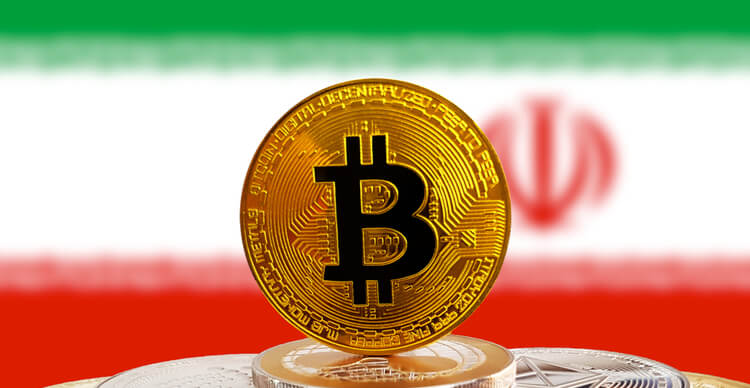
The Iranian government has banned cryptocurrency mining activities until September, following a series of blackouts in major cities across the country.
Iranian President Hassan Rouhani announced yesterday that the government has banned cryptocurrency mining activities for four months. The mining of Bitcoin (BTC) and other cryptocurrencies will not be permitted until September 22.
The Iranian government took this action due to a series of blackouts that have plagued major cities across the country. The government has blamed the drought, cryptocurrency mining and an increase in electricity demand during the summer for the outages. “The ban on the mining of cryptocurrencies is effective immediately until September 22 … Some 85% of the current mining in Iran is unlicensed,” the President said.
The move came as a surprise as Iran is one of the leading cryptocurrency mining hubs in the world. According to new research by Elliptic, the country accounts for 4.5% of all Bitcoin mining activities globally. The research estimated that Iran could generate $1 billion annually from cryptocurrency mining activities.
Iran had been one of the few countries to officially legalise cryptocurrency mining activities. The country has 50 licenced mining centers in 14 of its provinces. Furthermore, Iran has depended heavily on cryptocurrencies to circumvent the current economic sanctions imposed by the US. Miners in the country are obliged to sell their cryptocurrencies to the Central Bank of Iran (CBI). The CBI uses the cryptocurrencies to import products, bypassing the economic sanctions in the process.
Despite that, the Iranian government has complained that crypto mining has put a strain on its power supply. The country’s grid operator, Tavanir, said the cryptocurrency mining centers in Iran consume roughly 209 megawatts of electricity. However, the government has repeatedly complained that people are illegally mining cryptocurrencies at home and in mosques, putting further pressure on its power supply.

